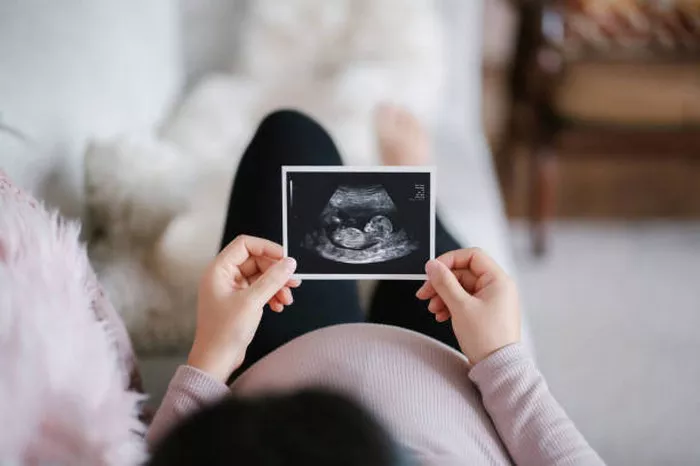A recent study published in eClinicalMedicine has shed light on the potential of artificial intelligence (AI) to revolutionize the field of in vitro fertilization (IVF) by non-invasively predicting embryonic ploidy from images, offering a significant step forward in prenatal screening.
Embryo aneuploidy, characterized by an abnormal chromosome count, is a leading cause of implantation failure, pregnancy loss, and congenital abnormalities. In IVF, aneuploidy rates range from 25% to 40% in early-stage embryos, with prevalence increasing with maternal age. Preimplantation genetic testing for aneuploidy (PGT-A), a biopsy-based technique, improves IVF outcomes by determining embryo ploidy but is costly, invasive, and faces ethical and legal limitations.
The study, conducted in accordance with the Preferred Reporting Items for Systematic Reviews and Meta-Analyses (PRISMA) and Critical Appraisal and Data Extraction for Systematic Reviews of Prediction Modelling Studies (CHARMS) reporting guidelines, evaluated the effectiveness of AI algorithms in predicting embryonic ploidy without invasive methods.
Comprehensive literature searches were conducted across multiple databases, including PubMed, MEDLINE, Embase, IEEE, SCOPUS, Web of Science, and the Cochrane Central Register. The search identified studies on AI algorithms developed to assess human embryonic ploidy from medical imaging. Articles were screened by two independent reviewers, with full-text retrieval and consultation with a third reviewer in the event of a discrepancy.
The initial search yielded 4,774 records, from which 1,543 duplicates were removed. After screening titles and abstracts, 2,837 studies were excluded, leaving 65 studies for full-text review. Ultimately, 20 studies met inclusion criteria, 12 of which provided sufficient data for the meta-analysis. The pooled diagnostic performance of AI algorithms showed a sensitivity (Se) of 0.67, specificity (Sp) of 0.58, and area under the curve (AUC) of 0.67. Selecting the highest-accuracy contingency tables across studies improved Se and Sp to 0.71 and 0.75, respectively, with an AUC of 0.80.
Study quality was assessed using the QUADAS-AI tool, which indicated a high or unclear risk of bias in patient selection for 19 studies, primarily due to limited open-source data and lack of rigorous external validation. Heterogeneity analysis revealed significant variability, with an inconsistency index (I²) of 97.7% for Se and 92.2% for Sp.
Conclusions
While PGT-A is widely used to improve pregnancy outcomes by detecting chromosomal abnormalities, its invasiveness increases the risk of certain complications, including preeclampsia and placenta previa, with limited benefits on pregnancy or live birth rates. Thus, it is crucial to develop reliable and non-invasive ploidy prediction methods. The study’s findings suggest that AI has the potential to accurately predict embryo ploidy, offering a non-invasive alternative to traditional methods.
Related Topics:
-
New Insights Into The Association Between Genes, Gut Microbiota, And Mental Health
-
Research Links Ketogenic Diet With Improving Menstrual Health

